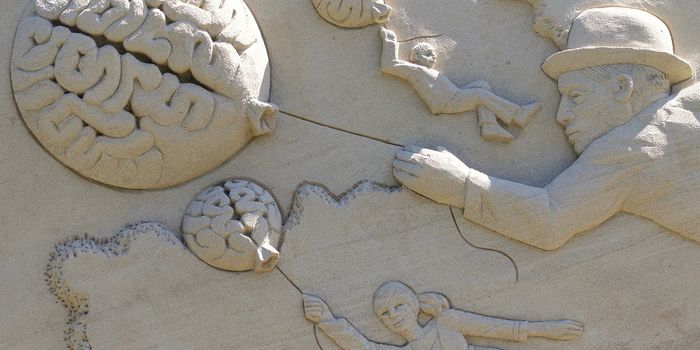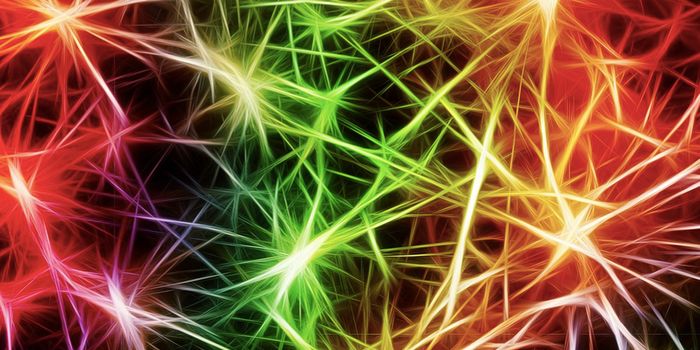Aerobic Exercise Can Prevent Brain Shrinkage
Exercise is good for you. There's just no doubt about that. However, new research shows that it might have a particular benefit that isn't related to weight, muscle tone or cardiovascular health.
A study conducted by scientists at the National Institute of Complementary Medicine (NICM) in Australia at Western Sydney University and the Division of Psychology and Mental Health at the University of Manchester in England suggests that exercise, mainly aerobic exercise, can hold off dementia, brain shrinkage, and memory loss. The study results showed particular benefits to the hippocampus, which is the region of the brain that handles memory.
In the case of dementia and memory loss, the issue is one of size. The brain, and particularly the hippocampus, shrinks as we age. Experts estimate that the rate of shrinkage is about 5% every ten years after the age of 40. Animal studies have shown that exercise not only bulks up the body but can cause the hippocampus to get bigger as well. Regarding memory, bigger is better.
The collaboration between the NICM team and the researchers in Manchester was an analysis of 14 different clinical trials that involved exercise and brain scans. In total, there were 737 participants who had taken part in exercise programs and had undergone brain scans both before and after the exercise regimens. The study subjects were a mixed bag of healthy adults, Alzheimer's patients, individuals with mental illness and some with mild cognitive impairment. The age range went from 24 to 76 years old, with an average age of 66.
The studies that were included in the review featured a range of aerobic activity. Some study subjects used stationary bikes, others walked or ran on treadmills. The length of the studies varied from three months of an exercise program to 24 months and participants engaged in the aerobic activity anywhere from 2 to 5 times a week. While the size of the hippocampus did not increase, on the whole, the studies reviewed showed significant increases in the left region of the hippocampus in many of the study volunteers.
Joseph Firth, a post-doctoral research fellow at NICM, was the lead author of the work and stated that the review of existing research represents some of the most reliable evidence that exercise has a positive impact on brain health. He explained, "When you exercise you produce a chemical called brain-derived neurotrophic factor (BDNF), which may help to prevent age-related decline by reducing the deterioration of the brain. Our data showed that, rather than actually increasing the size of the hippocampus per se, the main 'brain benefits' are due to aerobic exercise slowing down the deterioration in brain size. In other words, exercise can be seen as a maintenance program for the brain."
Currently, no cure exists for dementia and other neurodegenerative diseases, but the impact of aerobic exercise has repeatedly been shown not only to keep humans mentally healthy as we age but to prevent dementia, Alzheimer's and memory loss by keeping the brain from losing volume. Check out the video below for more information.
Sources: Daily Mail, Journal NeuroImage, via Science Direct, NICM









